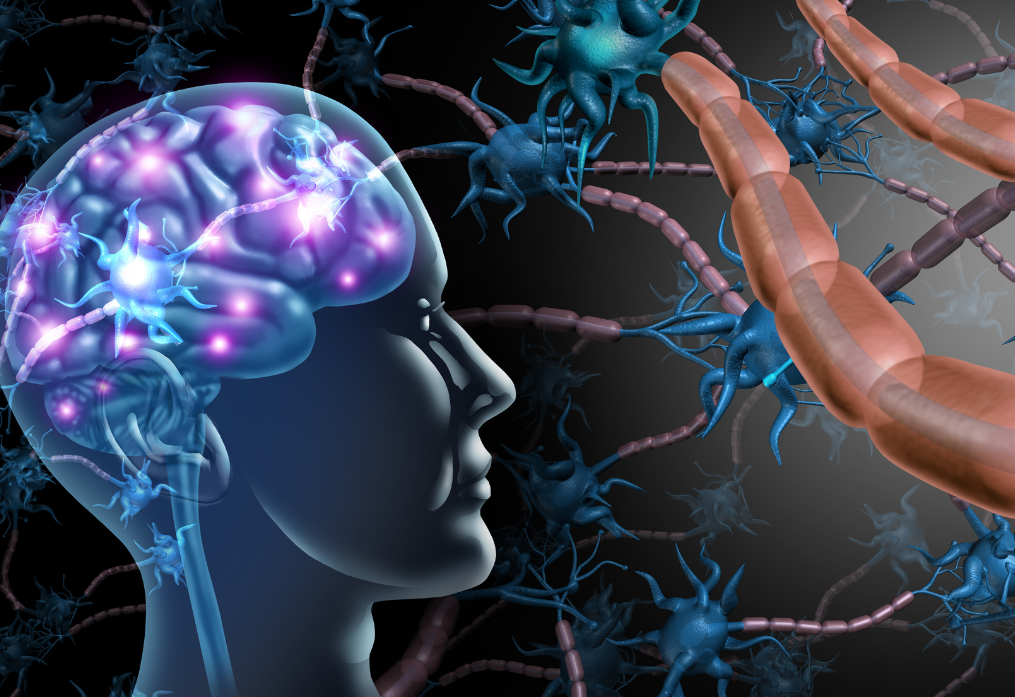Leaky brain blood vessels, a concerning phenomenon observed in individuals with long-term COVID-19, have sparked a wave of research and concern. Characterized by inflammation and compromised blood-brain barrier integrity, this condition manifests in symptoms such as brain fog, word-finding difficulties, and cognitive impairment. Recent breakthrough findings shed light on the underlying mechanisms contributing to this debilitating aspect of long COVID, highlighting the urgent need for targeted interventions and holistic approaches to address these neurological challenges.
Leaky Brain Blood Vessels Recent Studies and Research
Recent studies, including breakthrough research reported in Nature Neuroscience, have illuminated the role of leaky blood vessels in the development of brain fog and cognitive decline in long COVID patients. A study conducted by researchers at Trinity College Dublin revealed disruptions to the integrity of brain blood vessels, leading to vascular leakiness and inflammation. These findings corroborate earlier observations from the National Institutes of Health, which identified hallmarks of damage caused by thinning and leaky brain blood vessels in COVID-19 patients.
Moreover, researchers have underscored the link between leaky brain vessels and a hyperactive immune response, suggesting that immune dysregulation may exacerbate neurological symptoms in long COVID. Dr. Matthew Campbell, coauthor of a groundbreaking study, emphasized the significance of addressing vascular leakiness and immune dysfunction to mitigate brain fog and cognitive impairment in long-term COVID patients.

Leaky Brain Blood Vessels Conclusion
In the face of these challenging neurological manifestations of long COVID, a multifaceted approach is paramount. Alongside medical interventions, incorporating holistic strategies can offer support and relief. Adopting an anti-inflammatory diet rich in omega-3 fatty acids, antioxidants, and plant-based foods can help reduce inflammation and support brain health. Herbal remedies such as turmeric, ginkgo biloba, and adaptogenic herbs may offer additional support for cognitive function and immune modulation.
Incorporating mindfulness practices, such as meditation and deep breathing exercises, can help manage stress and improve focus. Engaging in regular physical activity, including aerobic exercise and yoga, promotes blood flow to the brain and enhances cognitive function. Additionally, prioritizing adequate sleep and practicing good sleep hygiene are essential for brain health and overall well-being.
Medical Disclaimer
The information provided in this article is for educational and informational purposes only and is not intended as medical advice. Consult a healthcare professional for personalized medical recommendations and treatment options tailored to your individual needs and circumstances.








